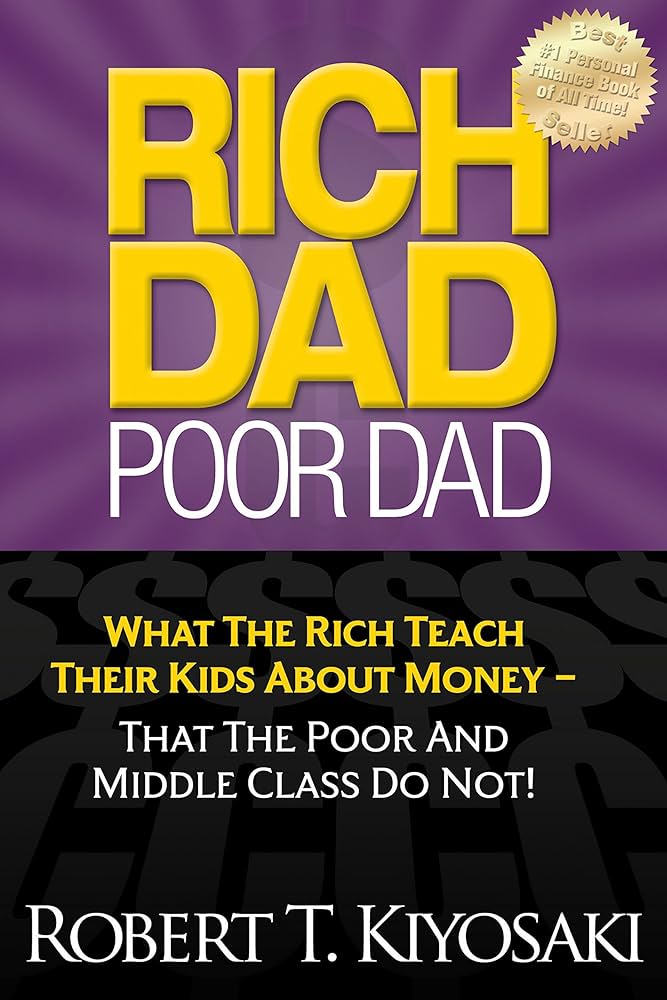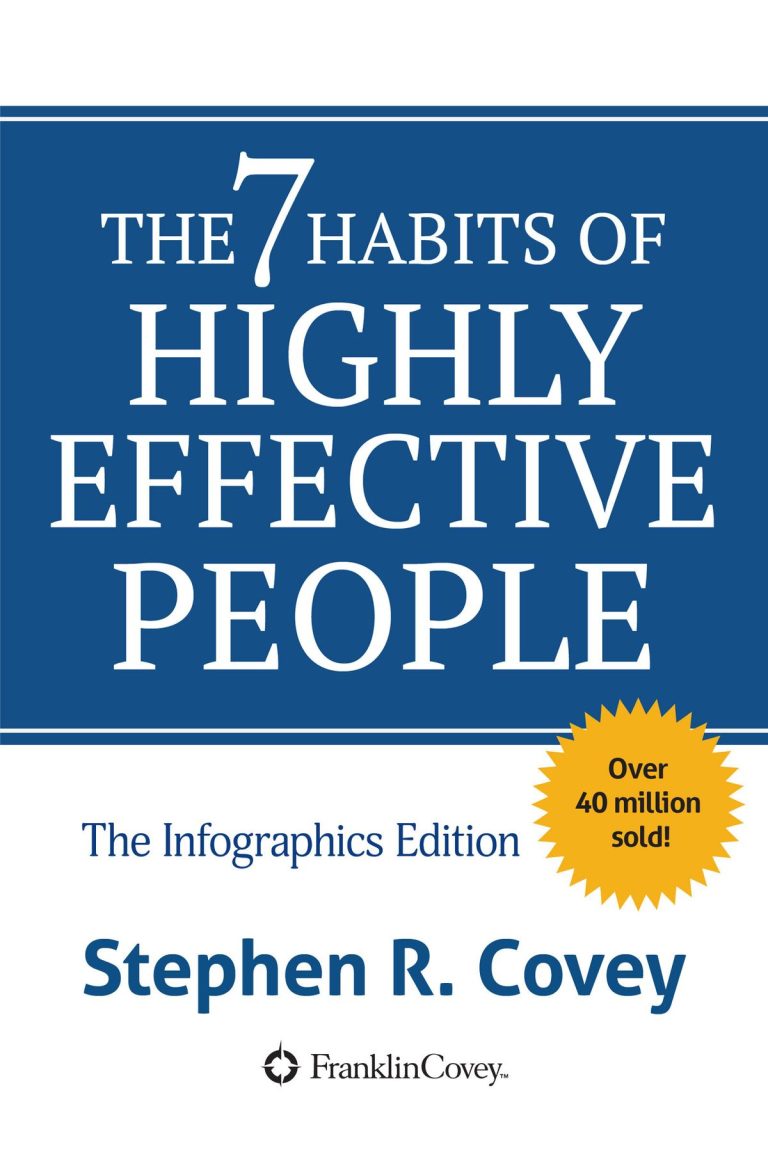Rich Dad Poor Dad
Robert Kiyosaki
Understanding Wealth: The Mindset of the Rich
In the world of finance and wealth creation, the mindset one adopts plays a crucial role in determining their financial future. Robert Kiyosaki, in his book ‘Rich Dad Poor Dad,’ emphasizes a fundamental principle: rich people do not work for money. This idea is rooted in the experiences of Kiyosaki himself, who grew up with two contrasting father figures—his biological father, whom he refers to as ‘Poor Dad,’ and the father of his best friend, ‘Rich Dad.’ Each of these men had distinct beliefs about money, work, and wealth, which shaped Kiyosaki’s understanding of financial success.
From a young age, Kiyosaki and his friend Mike were driven by a desire to become wealthy. However, they were initially unsure of how to achieve this goal. When they sought advice from their fathers, they received vastly different responses. Poor Dad, who was well-educated but financially struggling, advised them to focus on their education and secure a stable job. This conventional wisdom, while well-intentioned, often leads individuals into a cycle of working hard for money without ever truly building wealth.
Kiyosaki’s Poor Dad represented the traditional mindset that many people still adhere to today. This mindset is characterized by a fear of financial instability and a belief that a good education and a steady job are the keys to success. However, Kiyosaki argues that this approach can trap individuals in a ‘rat race,’ where they work tirelessly to earn a paycheck, only to see a significant portion of their earnings go to taxes, bills, and other expenses. As a result, they may avoid poverty but fail to accumulate real wealth.
In contrast, Rich Dad offered a different perspective. He understood that true wealth comes from making money work for you, rather than working for money. This principle is at the heart of Kiyosaki’s teachings. Rich Dad’s approach was not about simply earning a paycheck; it was about understanding how money operates and leveraging that knowledge to create opportunities for financial growth.
To illustrate this point, Kiyosaki recounts a pivotal moment in his youth when he began working for Rich Dad. Initially, he was frustrated by the low pay he received—just ten cents an hour. After a few weeks of feeling exploited, he confronted Rich Dad, expecting to learn about money management. Instead, he received a valuable lesson: working for money alone does not lead to wealth. This experience taught Kiyosaki that the path to financial success requires a shift in mindset.
Rich Dad’s teachings emphasized the importance of financial education and the ability to recognize opportunities. He encouraged Kiyosaki to think critically about money, investments, and the ways in which wealth can be generated. This included understanding the difference between assets and liabilities, and the importance of acquiring assets that generate income.
Kiyosaki’s journey highlights the significance of financial literacy. Many people are never taught how to manage money effectively, leading to a cycle of financial struggle. By contrast, those who seek knowledge about money and investments can break free from the limitations imposed by traditional beliefs about work and income.
The concept of not working for money also extends to the idea of entrepreneurship. Rich Dad encouraged Kiyosaki to explore business opportunities and to think creatively about generating income. This entrepreneurial mindset is essential for building wealth, as it allows individuals to create value and capitalize on their skills and passions.
Moreover, Kiyosaki emphasizes the importance of taking calculated risks. The wealthy often embrace risk as a necessary component of growth, while the financially struggling tend to avoid it out of fear. This fear can prevent individuals from pursuing opportunities that could lead to significant financial rewards. By reframing the way we view risk, we can open ourselves up to new possibilities and pathways to wealth.
Another critical aspect of Kiyosaki’s philosophy is the idea of passive income. Rather than relying solely on earned income from a job, he advocates for creating streams of passive income through investments, real estate, and other ventures. This approach allows individuals to build wealth over time, even while they sleep. The rich understand that money can work for them, generating income without the need for constant labor.
In summary, the core message of ‘Rich Dad Poor Dad’ is that the wealthy do not work for money; instead, they focus on building assets, understanding financial principles, and creating opportunities for themselves. By adopting a mindset that prioritizes financial education, entrepreneurship, and passive income, individuals can break free from the constraints of traditional employment and achieve true financial independence.
Kiyosaki’s insights challenge the conventional wisdom that has been passed down through generations. They encourage readers to rethink their relationship with money and to take proactive steps toward financial literacy and wealth creation. Ultimately, the journey to financial success begins with a shift in mindset—one that embraces the idea that wealth is not merely a product of hard work, but a result of strategic thinking and informed decision-making.


